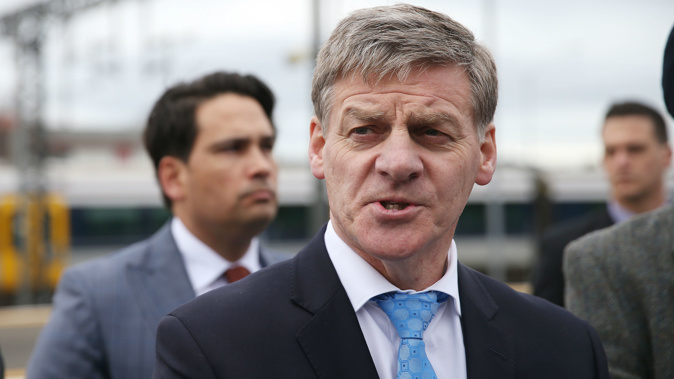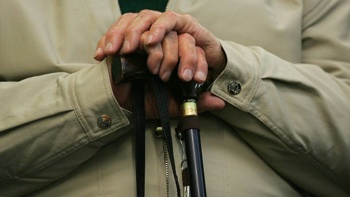
National’s new beneficiary policy – if job seekers without children refuse work experience or training, or turn down the offer of drug rehabilitation, they’ll lose 50 percent of their benefit.
It’s a harsh policy – but very few of National’s core voter base will oppose it. At the same time, Bill English says the Government will spend $72 million over four years on programmes to help get people off drugs and into work, and the main age bracket they're targeting is the under-25s.
The Government is clearly making quite a big assumption here that a large chunk of unemployed under-25s either don’t want to work, or are on drugs. I haven’t seen any statistics that back that up. Are there any? I’d like to see them if there are.
Bill English says they're going down this route because benefit sanctions work. He says 95 percent of beneficiaries who receive a formal warning will meet their obligations within a month.
It’s a challenging policy on a number of fronts, not least because there are so many factors to consider. Lets take the Far North. The Forgotten Far North. High drug dependency. Limited job opportunities. And many of you will say “well, they should move to where there are job opportunities”…but you’re asking young people to leave their families and their infrastructure and that can sometimes have far greater social consequences. I'm not sure benefit sanctions will work there. A major drug rehabilitation centre might help. And creating an industry would too. But cutting benefits will only push people further towards the dead-end of the poverty cycle. Benefit sanctions won't help a region where poverty is systemic and employment opportunities are limited.
But it's the drug issue that's the most problematic. Again, is drug addiction or reliance a health issue or a criminal issue? Cutting a young person’s benefit if they’ve got a drug problem could send them down the pathway to crime in a bid to fund that addiction or habit. So while National says it will put programmes in place to help get people off drugs and into work, can they reach everyone? Will they reach some of our more challenging regions? The Far North? Some of the more remote areas of the East Coast and the Bay of Plenty?
The Prime Minister has taken issue with the unemployed before, suggesting we needed immigrants because some of our unemployed are drugged and lazy. It's a sweeping generalisation and he's been accused on a number of occasions of beneficiary bashing.
This time he's targeting some 16,000 young beneficiaries who are at risk of becoming welfare dependent. In essence, unemployable.
Supporting them into work, providing drug programmes to rehabilitate them, and in some cases using benefit sanctions to motivate people may work....but one size won't fit all, and it won't fit every region. If National gets into power it will be interesting to see how this plays out and whether the $72 million dollars they'll invest in this policy will, in fact, lead to fewer unemployed under-25 year olds.
Take your Radio, Podcasts and Music with you









